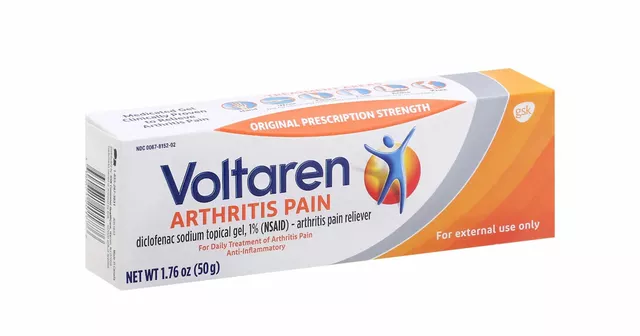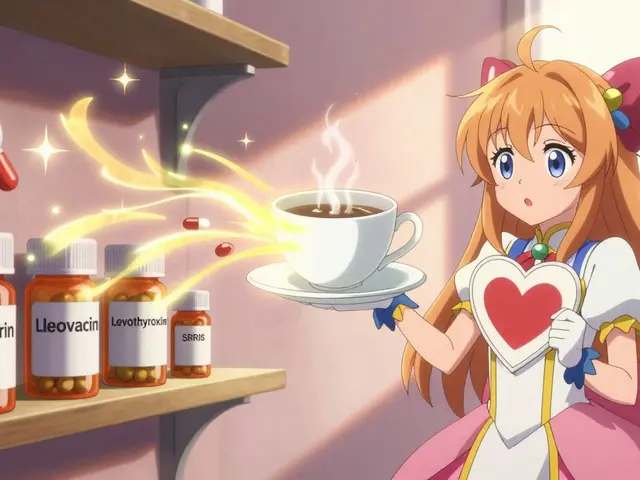Understanding Anemia and Its Effects on Exercise Performance
Anemia is a condition in which the body lacks enough healthy red blood cells to deliver adequate oxygen to the body's tissues. This can lead to fatigue, weakness, and an overall decrease in exercise performance. In this article, we will explore the causes of anemia, its impact on physical fitness, and how proper nutrition can help alleviate these symptoms and improve exercise performance.
The Different Types of Anemia and Their Causes
There are several types of anemia, each with its own set of causes. Some of the most common types include iron-deficiency anemia, vitamin-deficiency anemia, and hemolytic anemia. Iron-deficiency anemia is the most common type and occurs when the body does not have enough iron to produce red blood cells. This can be due to a lack of iron in the diet, poor absorption of iron by the body, or blood loss. Vitamin-deficiency anemia is caused by a lack of essential vitamins, such as vitamin B12 and folic acid, which are necessary for the production of red blood cells. Hemolytic anemia occurs when red blood cells are destroyed faster than the body can replace them, often due to an autoimmune disorder or an inherited condition.
Anemia's Impact on Exercise Performance
Anemia can significantly impact an individual's exercise performance as it diminishes the body's ability to transport oxygen to the muscles. This can lead to fatigue, weakness, shortness of breath, and a decreased ability to perform physical tasks. In addition to these physical symptoms, anemia can also cause mental symptoms such as difficulty concentrating, irritability, and mood swings, which can further hinder exercise performance.
How Nutritional Deficiencies Contribute to Anemia
Nutritional deficiencies can play a significant role in the development of anemia. For example, a lack of iron in the diet can lead to iron-deficiency anemia, while inadequate intake of vitamin B12 and folic acid can result in vitamin-deficiency anemia. Consuming a well-balanced diet that includes a variety of nutrient-rich foods can help prevent these deficiencies and reduce the risk of developing anemia.
Iron-Rich Foods to Combat Iron-Deficiency Anemia
Incorporating iron-rich foods into your diet is an essential step in preventing and treating iron-deficiency anemia. Some excellent sources of iron include red meat, poultry, fish, legumes, fortified cereals, and leafy green vegetables. Additionally, consuming vitamin C-rich foods, such as citrus fruits and tomatoes, can help increase iron absorption.
Vitamin B12 and Folic Acid for Vitamin-Deficiency Anemia
To prevent and manage vitamin-deficiency anemia, it is vital to consume foods rich in vitamin B12 and folic acid. Animal products, such as meat, poultry, fish, eggs, and dairy products, are excellent sources of vitamin B12. Folic acid can be found in leafy green vegetables, fruits, legumes, and fortified cereals. If you follow a vegetarian or vegan diet, you may need to take a vitamin B12 supplement to ensure adequate intake.
Adjusting Exercise Routines for Individuals with Anemia
For those with anemia, it is important to modify exercise routines to accommodate the body's decreased ability to transport oxygen. This may involve reducing the intensity and duration of workouts, incorporating more rest periods, and focusing on low-impact exercises such as walking, swimming, and yoga. It is essential to consult with a healthcare professional before making any changes to your exercise routine.
Monitoring Progress and Adjusting Nutrition and Exercise Plans
Regularly monitoring your progress and making adjustments to your nutrition and exercise plans can help improve your overall health and fitness. This may involve tracking your food intake, keeping a workout journal, and scheduling regular check-ups with your healthcare provider to assess your anemia status. By staying proactive in your health journey, you can better manage your anemia and its impact on your exercise performance.
Seeking Professional Guidance for Anemia and Exercise Performance
If you suspect that you may have anemia or are experiencing symptoms that impact your exercise performance, it is crucial to consult with a healthcare professional for proper diagnosis and treatment. They can provide guidance on how to manage your condition through nutrition, exercise, and other lifestyle modifications.
The Importance of Overall Health in Exercise Performance
Ultimately, maintaining overall health is vital for optimal exercise performance. By addressing nutritional deficiencies, managing anemia, and adopting a well-balanced lifestyle, you can help ensure that your body is functioning at its best, allowing you to perform at your highest level during physical activities.






April Yslava
May 8, 2023 at 17:50
Look, the mainstream health agencies are in the pockets of big pharma, pushing iron pills that are laced with undisclosed additives to keep us dependent. They don’t want you to eat real iron‑rich foods like liver or spinach because that would cut their profits. If you’re feeling weak, it’s not just a deficiency-it’s a systematic sabotage designed to keep the population docile. Wake up, question the “official” guidelines, and start loading your plate with whole‑food iron sources before they decide to strip them from shelves.